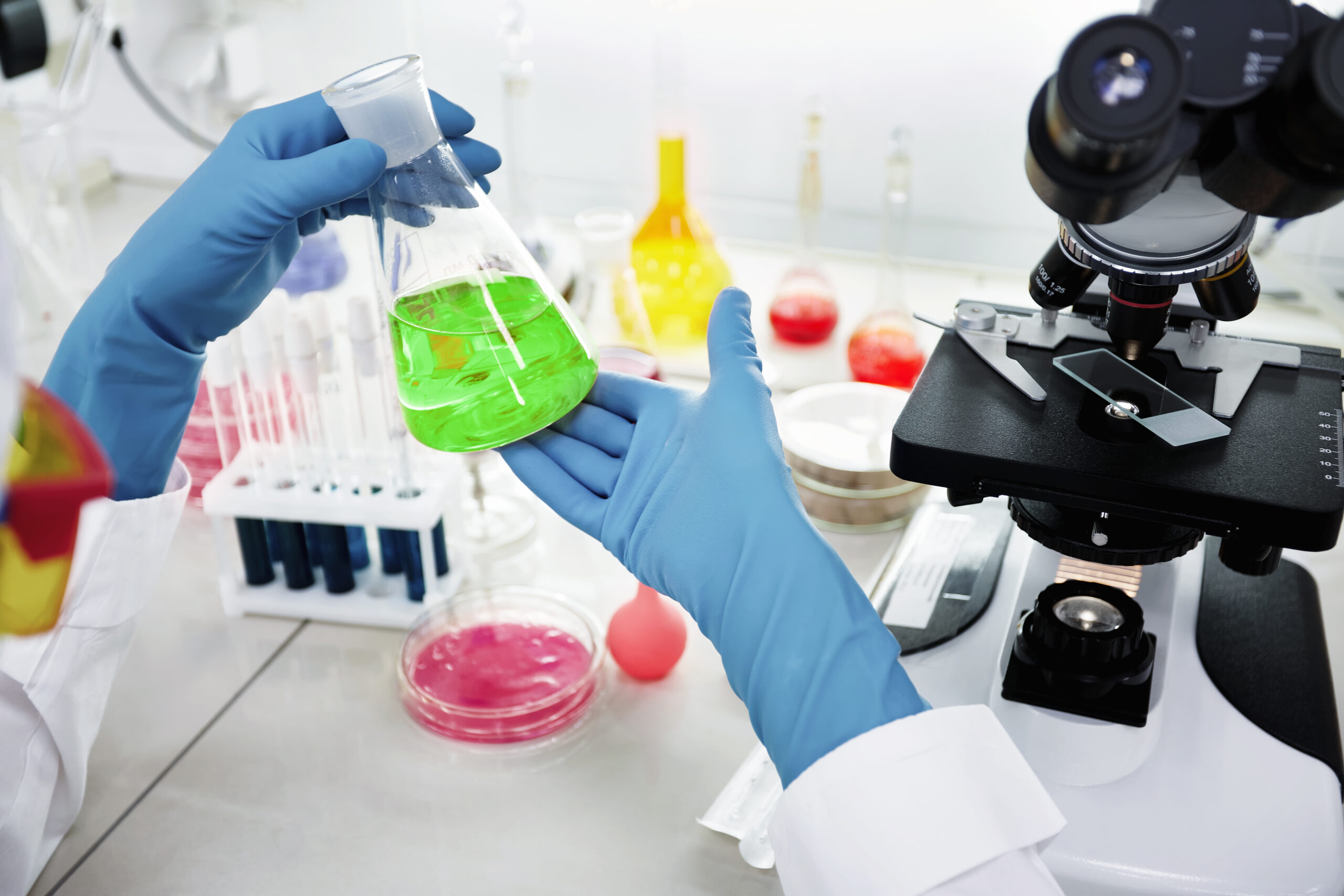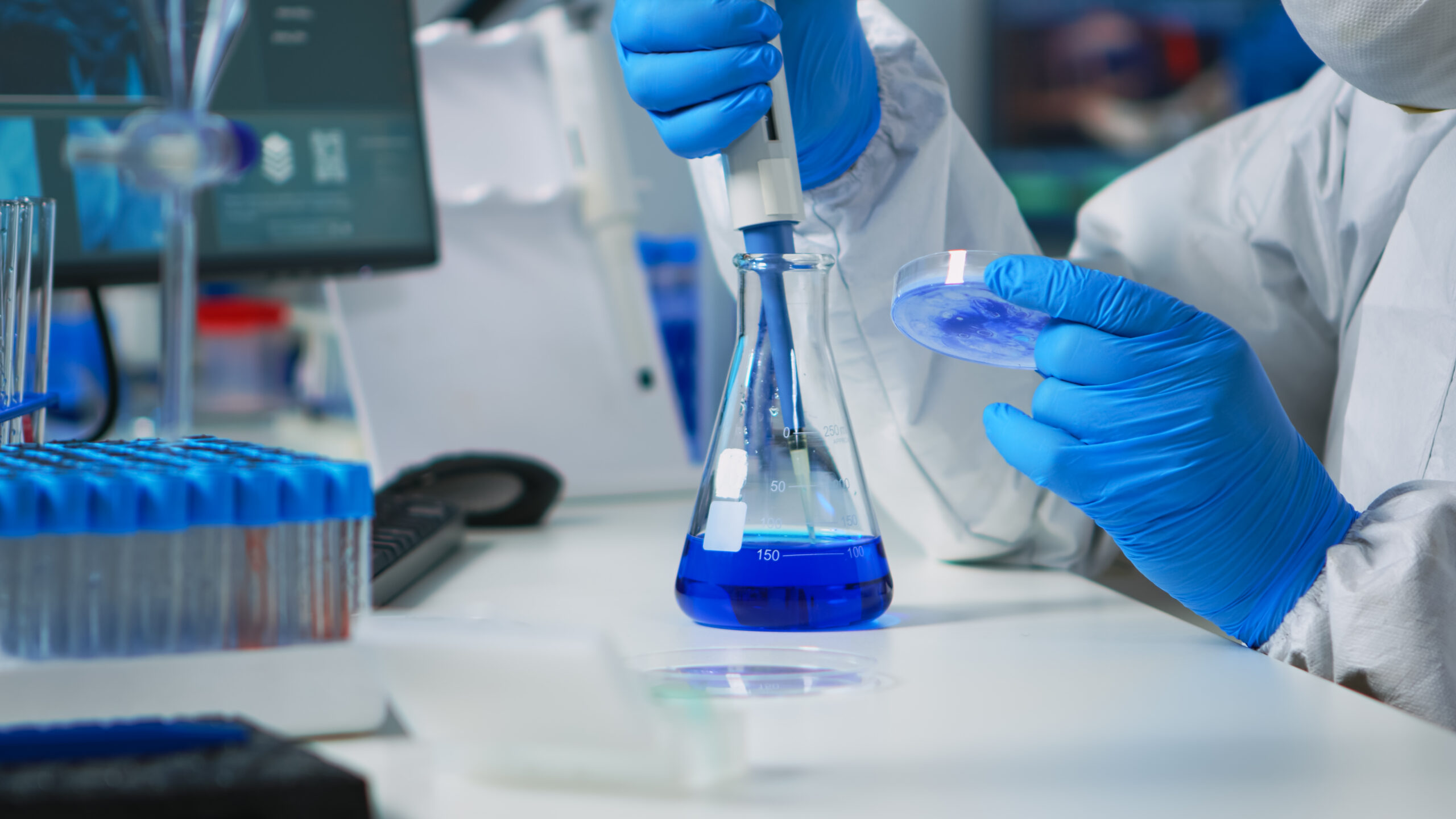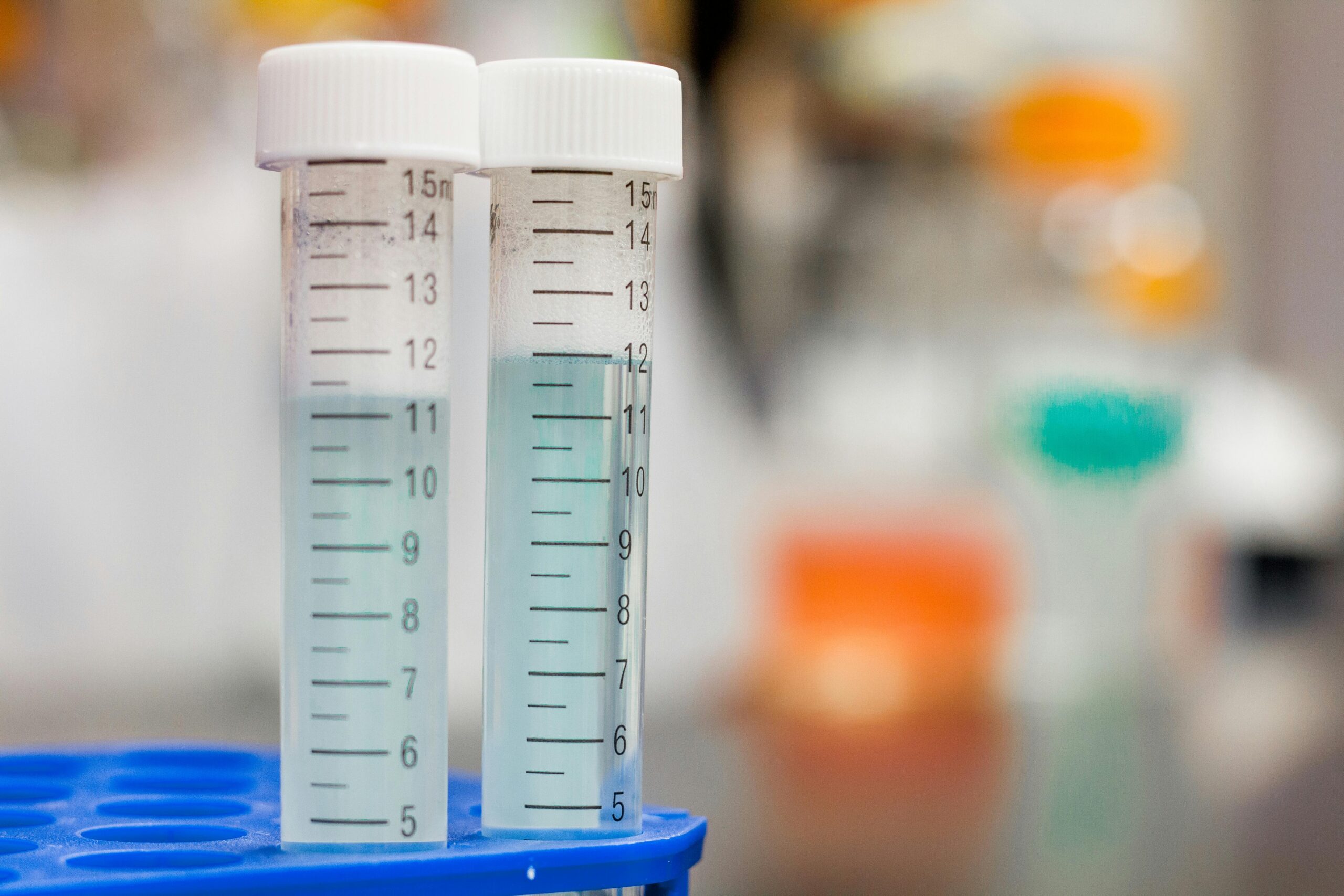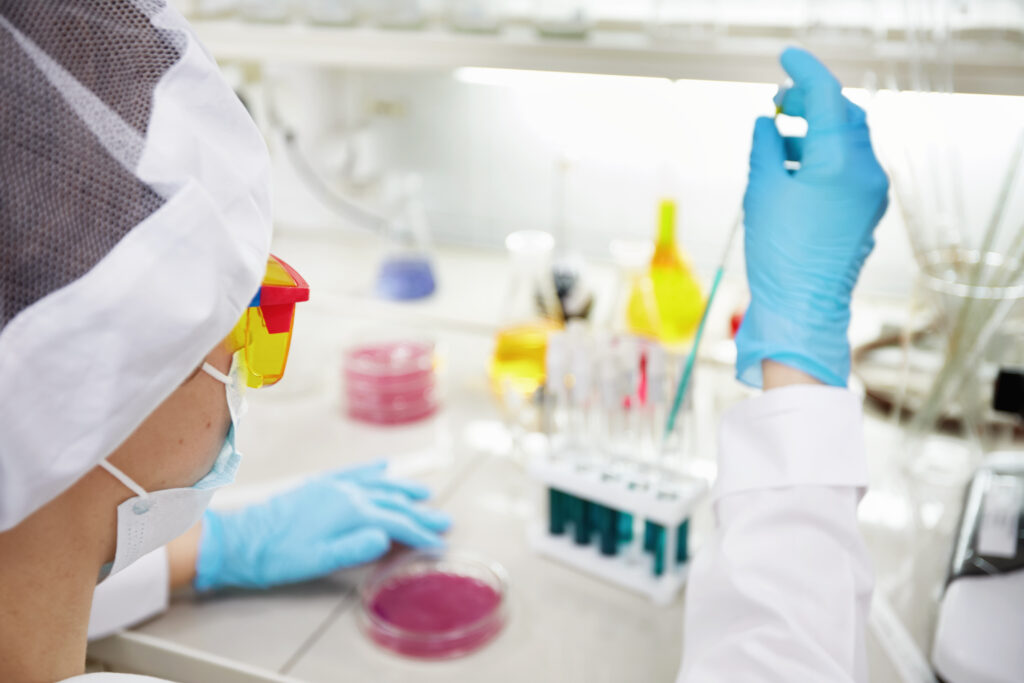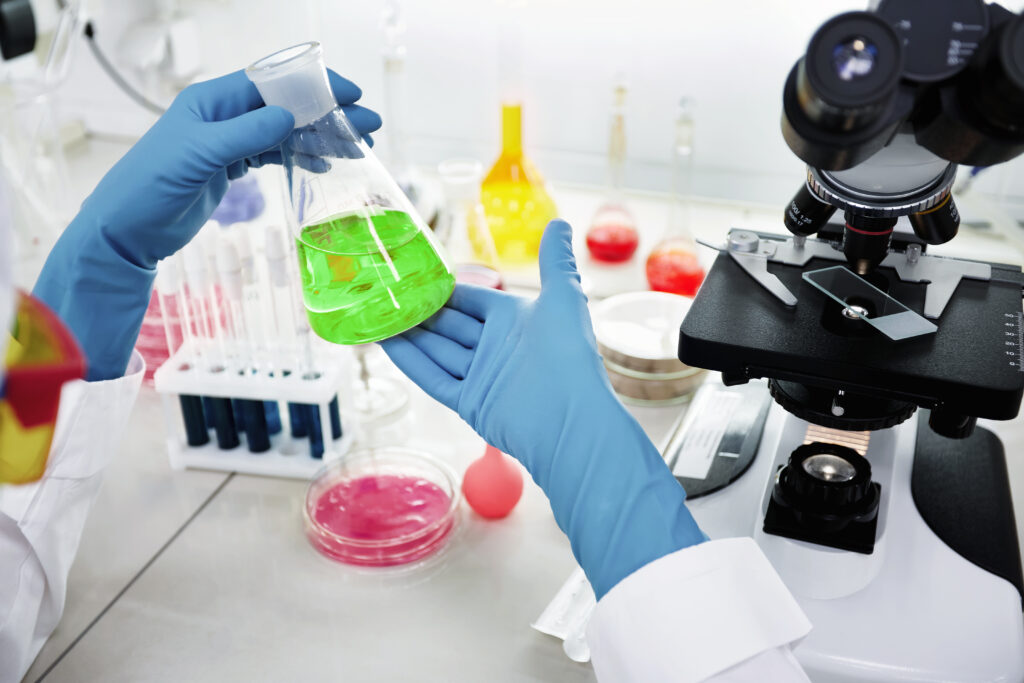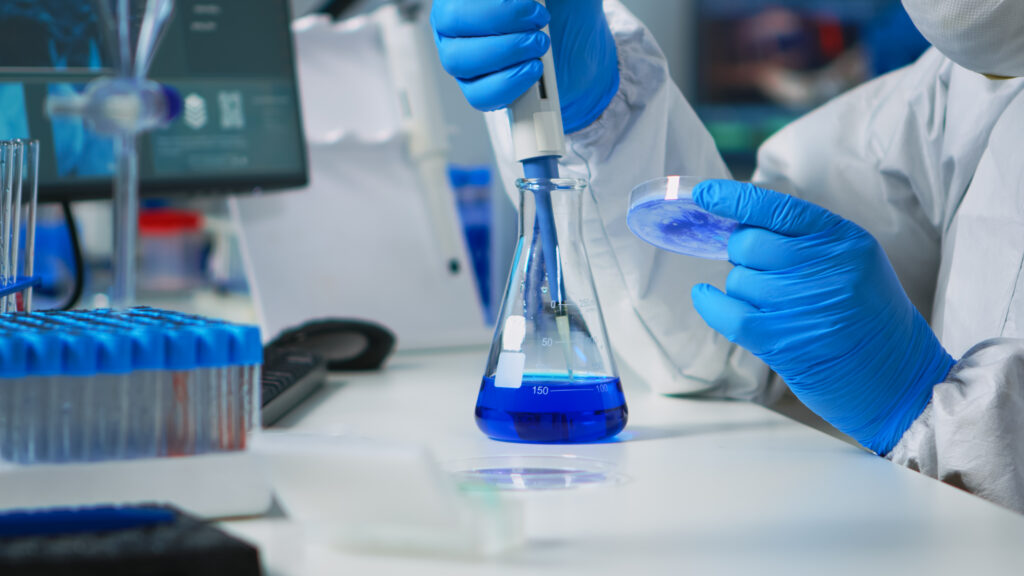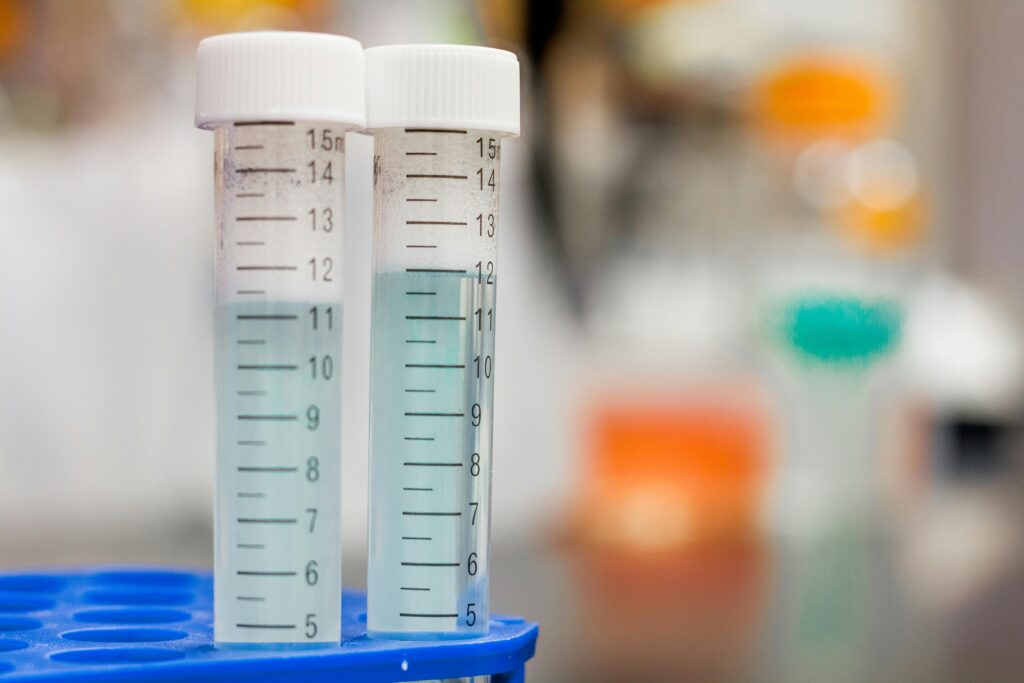Nutrition analysis and testing could be required by Food product manufacturing companies for a diverse range of reasons ranging from informative purposes to statutory compliances. Moreover, food safety and inspection services are also important because, on a large scale, the nutritional value of food and food products has a direct impact on the health and well-being of every person who consumes them all across the globe.
A complete nutritional analysis of food products manufactured, sold, or supplied helps ensure that the food product is compliant with various national and international regulations and standards. The food quality inspection and tests that are conducted for compliance purposes generally cover legal requirements related to the food products, and associated health, and safety legislation.
Usually, all kinds of food products ranging from oils, fats, and emulsions, bakery products, processed foods/ready-to-eat foods, infant nutrition products, spices, condiments & herbal products, nuts & nut products, milk & milk products, cereals, pulses, including processed/ raw fruits and vegetables are tested for quality purposes under food quality inspection services. The food quality control courses tests are conducted to check if the proportion of fats, carbohydrates, protein, fiber, sugars, vitamins, minerals, and other traceable elements are within the food safety benchmark.
Determining the proportion of mineral content in the food product.
From building strong bones to transmitting nerve impulses, minerals play a crucial role in all body functions. In short, it helps us stay healthy. In order to assess the proportion of minerals in food products, food safety training, and testing facilities conduct two major kinds of tests – the first test is conducted on microminerals which consists of calcium, phosphorus, magnesium, sodium, potassium, chloride, and sulfur – the second test is conducted on trace minerals such as iron, manganese, copper, iodine, zinc, cobalt, fluoride, and selenium.
The fatty acid composition analysis of the food product.
The food quality and inspection services conduct tests on fatty acids to attain a complete profile. After the test, food safety inspection services classify fatty acids according to their chain length ranging from short-chain consisting of 2 to 4 carbons, a middle chain consisting of 5 to 10 carbons, and a long chain consisting of more than 11 carbons. As the consumer demand and intake of fatty acid products increase, the need for proper quality testing facilities is also expected to rise in the near future.
Determining The proportion of vitamin content in the food product.
For body growth, a proportional intake of 13 major types of vitamins is necessary. Vitamin A, C, D, E, K, and B vitamins (thiamine, riboflavin, niacin, pantothenic acid, biotin, vitamin B-6, vitamin B-12, and folate) are the 13 major types of vitamins that our body needs. The role of food safety training and testing services is to conduct several sensitive, most reliable scientific testing procedures and to determine if the proportion of vitamins in the product is accurate and adheres to the company’s claim.
Different businesses opt for food quality control courses/ services for different reasons. Multiple businesses in the food production and supply industry subscribe to food quality control courses/ tests/ services because government authorities mandatorily ask for detailed nutrient content data on top of the food product labels before shipping. On top of that, the label information should strictly adhere to the compliance parameters regarding the presentation of the nutritional information on the labels. On the other hand, numerous countries ask for nutrition data/ information only if a claim is made by the consumer. There are business organizations in the food and beverages industry that prefer to opt for food safety training/ inspection services only for annual verification of the nutritional value of a food product after or during the claim period.
SMSLA global aims to deliver holistic quality services in testing, inspection, training, and advisory services in the field of food, water, environment, and materials with state-of-the-art facilities. Our services offer businesses independent, globally-trusted test results. We hold decades of experience and scientific expertise in the nutrition value testing and inspection industry. We employ scientific personnel and highly qualified staff to provide “farm to fork” complete food safety and inspection service under one roof.


